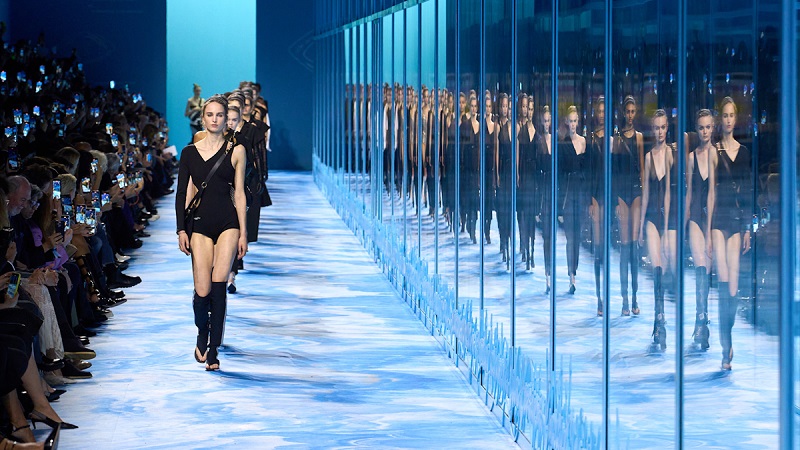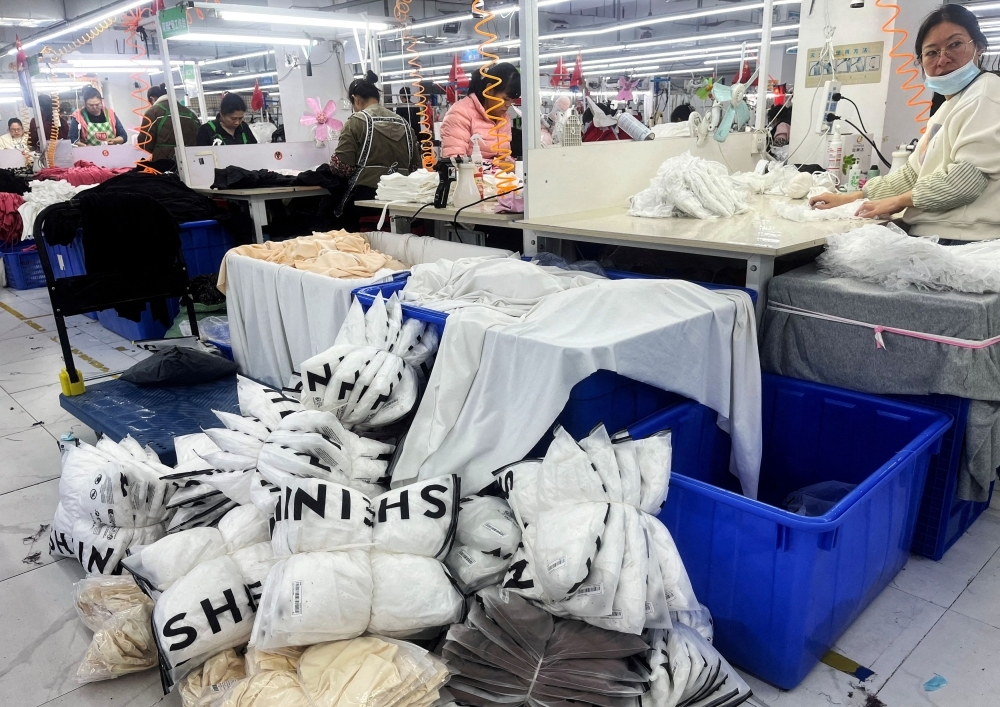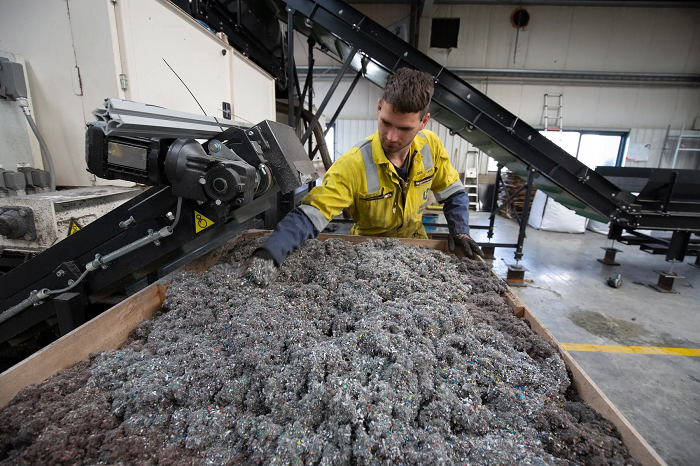"Tola Moeun, Director, Central Cambodia, an NGO involved in the research, points out abuse was a daily reality for female workers driven to meet unrealistic targets in H&M and Gap’s supply chains. Most cases are not reported due to fear of retaliation. Jennifer Rosenbaum, US director of Global Labour Justice, says the industry must understand gender-based violence as an outcome of the global supply chain structure. H&M and Gap’s fast fashion supply chain model creates unreasonable production targets and underbid contracts, resulting in women working unpaid overtime and working fast under extreme pressure. Unions and many governments agree an ILO convention on gender-based violence is essential, although there is still opposition from some employers."
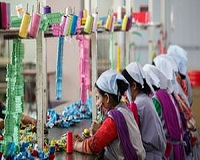 Fast fashion companies are increasingly being challenged for the pathetic working conditions for women especially in Asian countries. Unions and right groups have claimed that pressure to meet fast fashion deadlines is leading to women working in factories across Asia supplying Gap and H&M being sexually and physically abused. More than 540 workers at factories that supply the two retailers have described incidents of threats and abuse, says a recent report by Global Labour Justice on gender-based violence in Gap and H&M’s garment supply chains. The coalition has investigated factories for several years as efforts mount to push Western brands into improving safety along their supply chains and render them slave-free. These allegations, recorded between January and May this year in Bangladesh, Cambodia, India, Indonesia and Sri Lanka, are a direct result of pressure for quick turnarounds and low overheads.
Fast fashion companies are increasingly being challenged for the pathetic working conditions for women especially in Asian countries. Unions and right groups have claimed that pressure to meet fast fashion deadlines is leading to women working in factories across Asia supplying Gap and H&M being sexually and physically abused. More than 540 workers at factories that supply the two retailers have described incidents of threats and abuse, says a recent report by Global Labour Justice on gender-based violence in Gap and H&M’s garment supply chains. The coalition has investigated factories for several years as efforts mount to push Western brands into improving safety along their supply chains and render them slave-free. These allegations, recorded between January and May this year in Bangladesh, Cambodia, India, Indonesia and Sri Lanka, are a direct result of pressure for quick turnarounds and low overheads.
Tola Moeun, Director, Central Cambodia, an NGO involved in the research, points out abuse was a daily reality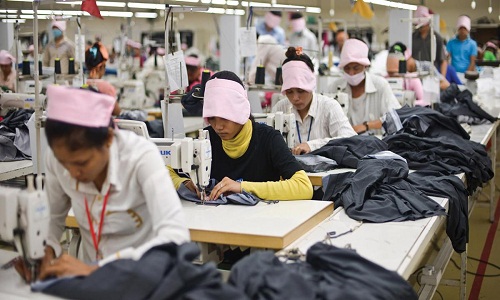 for female workers driven to meet unrealistic targets in H&M and Gap’s supply chains. Most cases are not reported due to fear of retaliation. Jennifer Rosenbaum, US director of Global Labour Justice, says the industry must understand gender-based violence as an outcome of the global supply chain structure. H&M and Gap’s fast fashion supply chain model creates unreasonable production targets and underbid contracts, resulting in women working unpaid overtime and working fast under extreme pressure. Unions and many governments agree an ILO convention on gender-based violence is essential, although there is still opposition from some employers.
for female workers driven to meet unrealistic targets in H&M and Gap’s supply chains. Most cases are not reported due to fear of retaliation. Jennifer Rosenbaum, US director of Global Labour Justice, says the industry must understand gender-based violence as an outcome of the global supply chain structure. H&M and Gap’s fast fashion supply chain model creates unreasonable production targets and underbid contracts, resulting in women working unpaid overtime and working fast under extreme pressure. Unions and many governments agree an ILO convention on gender-based violence is essential, although there is still opposition from some employers.
Debbie Coulter, Ethical Trading Initiative (ETI) explains these allegations are deeply concerning. Gender-based violence is unacceptable under any circumstances, and brands need to make sure that women working in their supply chain are protected. ETI expects H&M and Gap to investigate these allegations, and work with supplier factories so that affected women get swift remedy.
Companies’ stance
Meanwhile, taking a stern stand, H&M says all forms of abuse or harassment is against everything that H&M stands for. Violence against women is one of the most prevalent human rights violations. Gender-based violence makes women all around the world suffer daily and undermines their health, dignity and security. This is why the company welcomes any initiative strengthening human rights of women at work, such as international convention against gender-based violence in workplace being discussed within the ILO. The company intends to go through every section of the report and follow-up on factory level with our local teams based in each production country.
Gap claims to be deeply concerned about the allegations and is now conducting due diligence to investigate and address these issues. Its official communication states that it is committed to making sure that the people who make clothes work in safe conditions and are treated with respect. Gap has consolidated supplier base to focus on partners that share the same values and goals, and an increasing number of factories it sources from are audited by ILO’s Better Work programme. Its Code of Vendor Conduct, which closely aligns with its environmental and human rights policies, prohibits any form of discrimination. The brand conduct assessments of its branded apparel suppliers on a regular basis to ensure compliance, and when they encounter any discriminatory or retaliatory practices in their supply chain, they make sure that their suppliers promptly remediate the situation.


